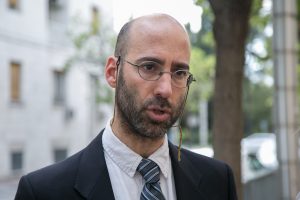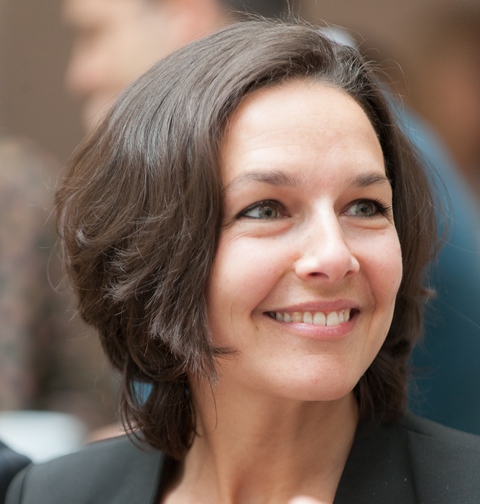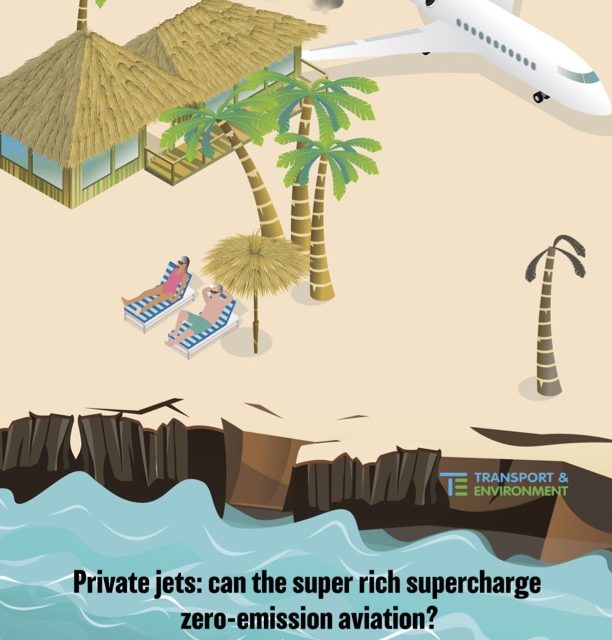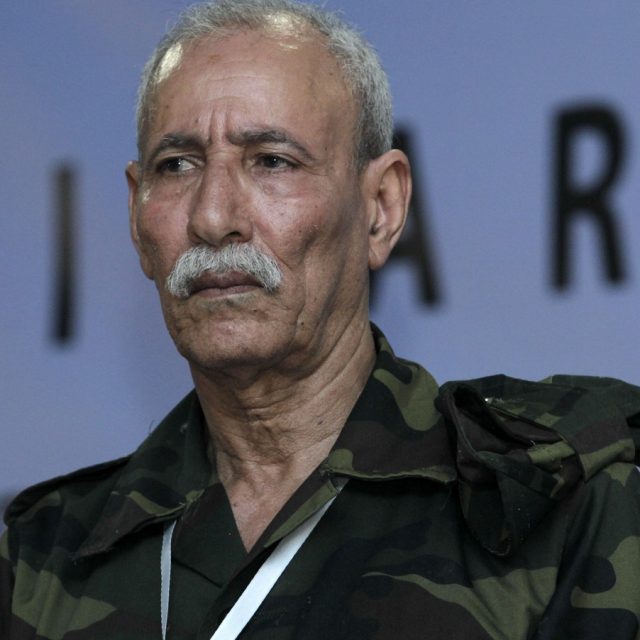The future of Europe is environmentally and socially sustainable, write Kélig Puyet and Ariel Brunner. It is within reach if political leaders take action now – as environment and social organisations, representing millions of Europeans, we stand together to deliver this message to national and EU leaders meeting in Sibiu on 9 May to discuss the future of Europe. People across Europe have shown that they care about social justice and the environment, and this cannot be ignored.
In the past year, EU leaders embarked on an exercise to carry out citizens’ consultations across Europe. The results show that people care deeply about environmental and social protection. Listening to these demands is an opportunity to close the gap between citizens’ wishes and the decision-making process.
How? By engaging with civil society organisations, by putting Agenda 2030 for sustainable development as a top political priority with tangible social and environmental objectives, and by ensuring that the EU’s financial and democratic systems support them.
To ensure a viable future for people and planet, we must meet the Paris Agreement objective to limit temperature rise to 1.5 C°. Equally urgent is to fight the loss of biodiversity. The European Commission has put forward its ‘Clean Planet for All’ vision, which presents scenarios for a climate neutral economy by 2050.
EU Member States must now endorse such a goal to reach net zero greenhouse gas emissions by 2040, and set the mandate for the next Commission to prepare legislation that will turn it into reality. Measures to fight inequalities, to boost the use and production of renewable energy, and to fully decarbonise the transport sector are necessary to avoid failing the march towards net zero emissions. The transition will only be just – and successful – if it tackles inequalities, prioritises those most likely to be left behind, and is designed with and for people.
Future policies should highlight the benefits to society, be based on dialogue, and propose solutions to create locally-appropriate transition plans. The Sustainable Development Goals (SDGs) provide us with a roadmap to tackle environmental and social issues on a global scale. For this they need urgent EU implementation.

A high-level strategy can be advanced by mandating the future European Commission President to ensure Agenda 2030 is owned at the highest political level, reflected in the composition of the Commission and therefore properly implemented across policies.
The SDGs will also benefit from effective implementation of the European Pillar of Social Rights, the EU’s new vehicle that has the potential to deliver new and to strengthen existing social rights for people across Europe. We believe it is the right tool to bring about the necessary policy changes to address key trends, including poverty and social exclusion, job precariousness and in-work poverty, and barriers to accessing social protection.
However, its success hinges on the use of a thorough implementation approach. For instance, more ambitious EU and national legislation is needed to address existing gaps in social rights, to tackle discrimination and to avoid the emergence of new inequalities.
The EU and its Member States also need to shift the balance of EU and national budgets towards people and planet-centred policies. This must involve an alignment with international commitments on climate, biodiversity and sustainable development, and give priority to social investment; the revenue to finance this investment could be supported through a reform of tax policies to target corporate tax avoidance, estimated by the Commission to amount to some €50-70 billion per year.
The scale of current social, environmental and political challenges also requires healthy democratic systems, and the involvement of civil society organisations throughout the decision-making process. The change in our systems will be possible if the rule of law is upheld domestically in EU Member States. Freedom of speech and association, a vibrant civil society, together with a free press and an independent judiciary, play a vital role in scrutinising government action and holding those in power accountable. The Sibiu Summit has the potential to be a watershed moment.
EU leaders will discuss Europe’s Strategic Agenda for the next five years. If they take this opportunity to look at the social and environment crisis directly in the face – and take action to secure a sustainable Europe for present and future generations – then Sibiu will truly be one for the history books: Paris – Rome – Maastricht – Sibiu?
The Authors are Ariel Brunner, who is the Chair of the Green 10 Senior Head of Policy BirdLife Europe & Central Asia, and Kélig Puyet who is the Director of Social Platform.




